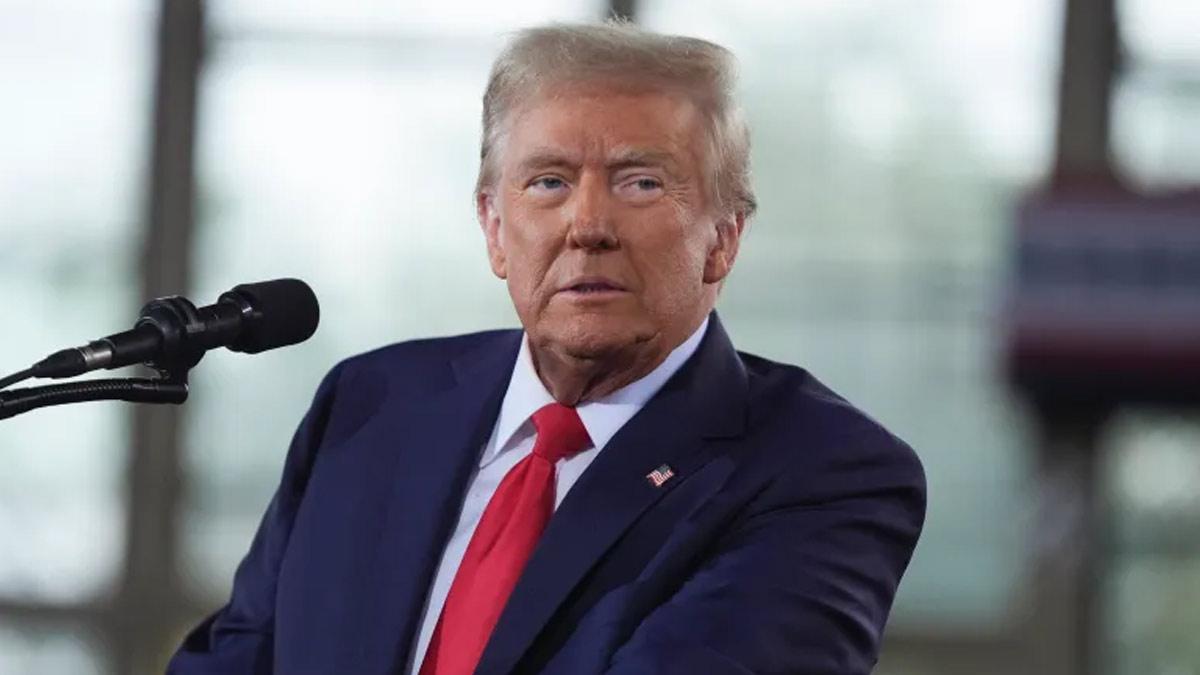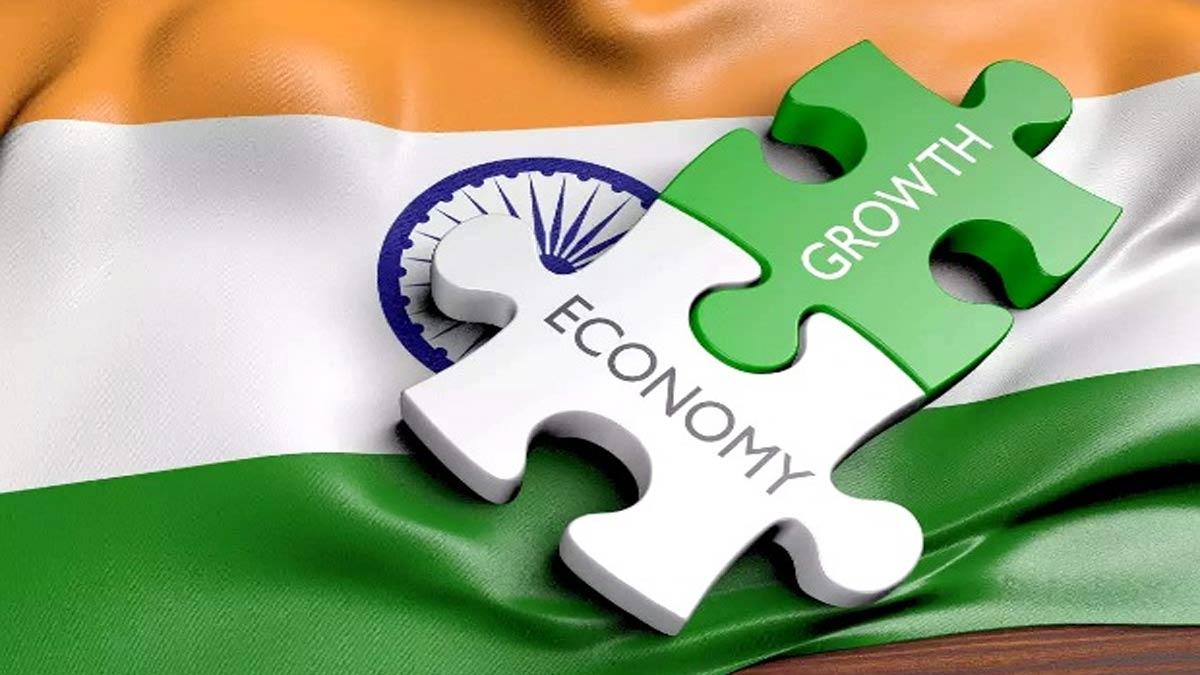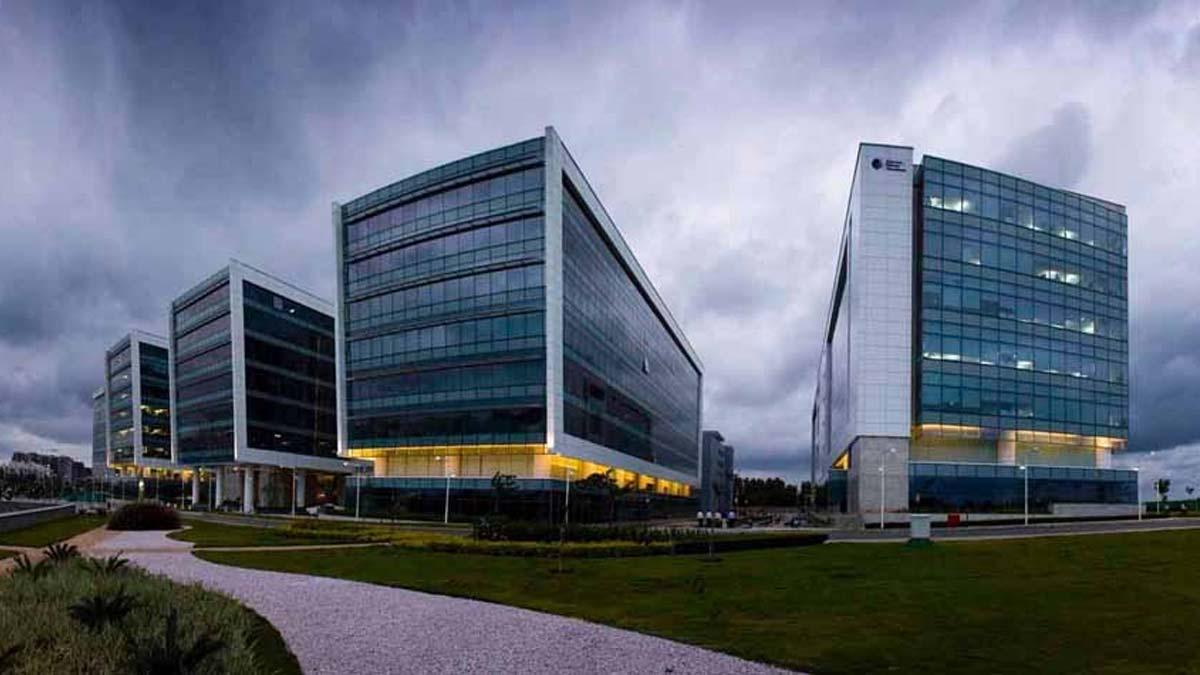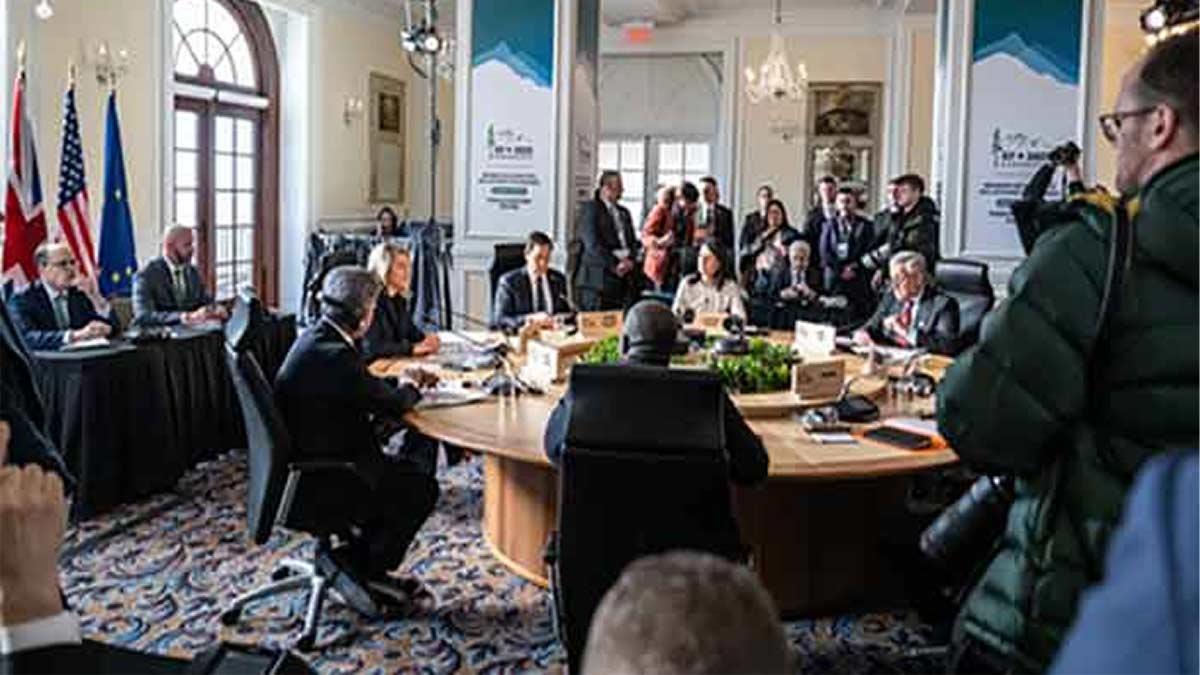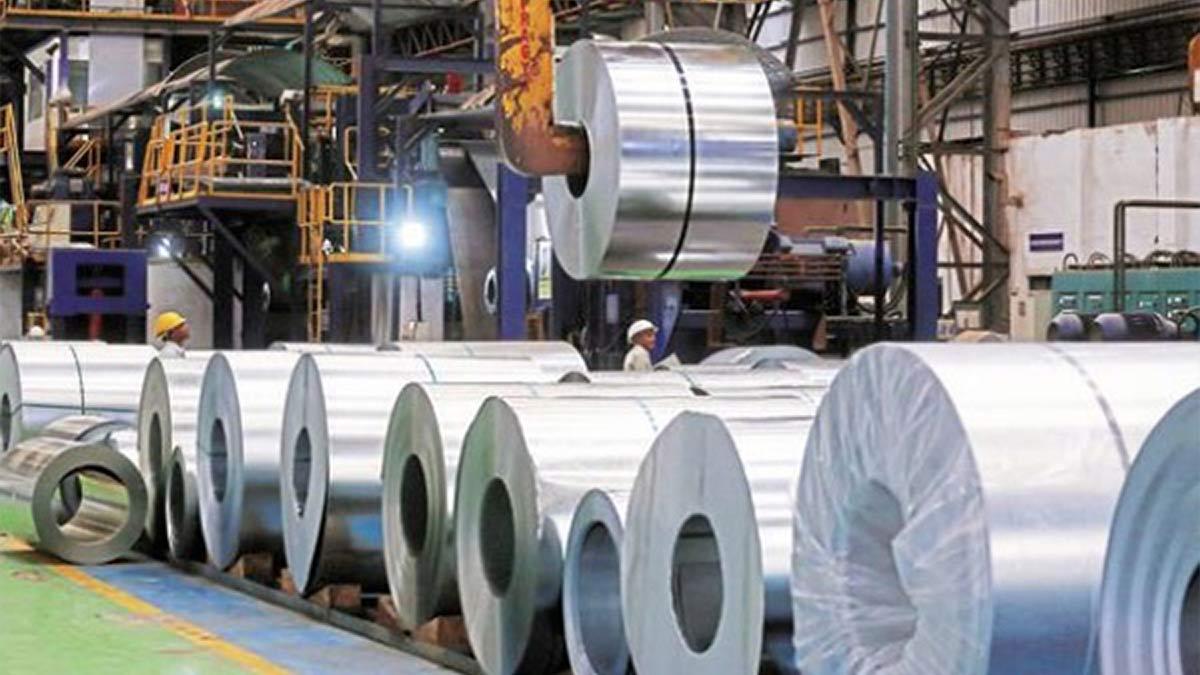US President Donald Trump has unveiled intentions to implement tariffs on the country's priority industries, including autos, semiconductors, and medicine, in a period of about one month or less. His campaign for new levies will aim to trim America's trade deficits, beef up domestic production, and fund overall policy initiatives.
Trump has already declared that a 25% tariff on all imported steel and aluminum will go into effect on March 12. Moreover, he is calling for "reciprocal" tariffs on US imports along with fresh duties on autos, microchips, and other products, according to the Yonhap news agency.
Telling a forum organized by the Future Investment Initiative Institute on Wednesday, Trump said, "I am going to be announcing tariffs on cars and semiconductors and chips … drugs and pharmaceuticals and lumber, probably, and some other things over the next month or sooner."
He asserted that these will have a major effect on the American economy.
Reiterating his pledge to bring manufacturing back to the US, Trump threatened that businesses opting to make products outside the US would be hit with tariffs.
"We're bringing our businesses back. If they don't make their product in America, then very simply, they have to pay a tariff," he asserted.
Conversely, US companies producing domestically would be exempt from these tariffs, a step he asserted would either bring trillions of dollars into the Treasury or assist in reducing the necessity for taxation.
South Korean policymakers are watching closely as Trump's tariff policy raises fears that their nation—Asia's fourth-largest economy—may be in the crosshairs. South Korea's trade surplus with the US totaled $55.7 billion last year, which would make it a target of the administration's trade policy.
Since taking office on January 20, Trump has already imposed several tariffs and regularly signaled additional levies on foreign imports. His strategy involves blanket tariffs on all foreign imports in addition to industry- and country-specific tariffs intended to pressure trade partners into compliance with US terms.
Trump also asserted that his tariff strategy was already generating outcomes, adding, "I do want to say, while I'm up here, I've been contacted by some of the biggest companies in the world. And because of what we're doing economically and through tariffs and taxes and incentives, they want to come back into the United States."
He also hinted at future announcements with large companies, namely those in the auto and semiconductor sectors, indicating that these companies were planning to move operations back to the US.
Read also| SBI Forecasts India’s GDP Growth at 6.3% for Q3 of 2024-25

